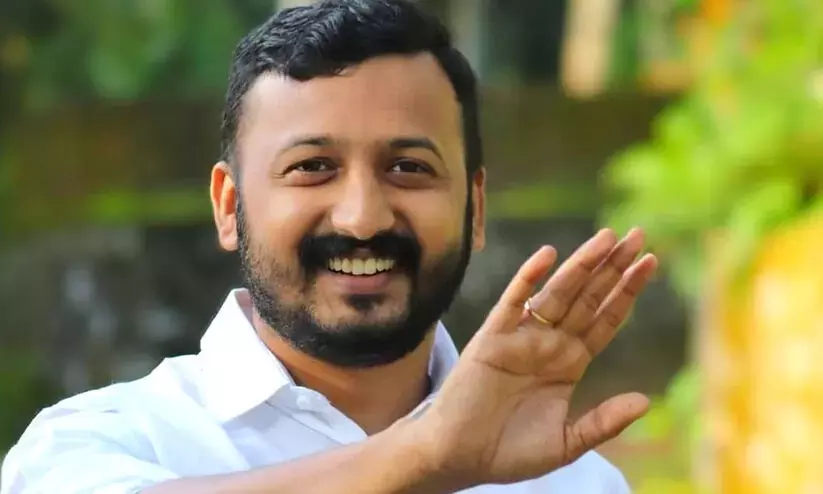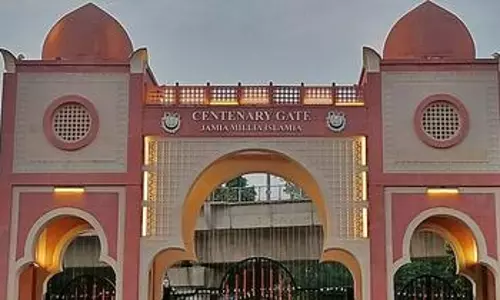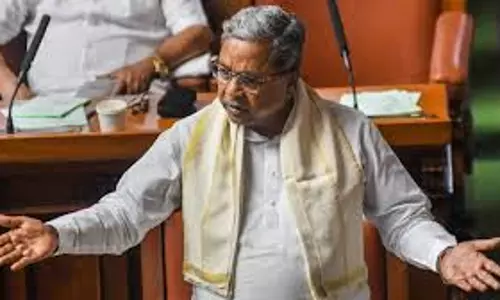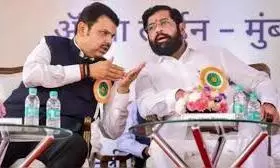
Maharashtra passes security bill targeting urban naxals, opposition calls out vague definitions
text_fieldsThe Maharashtra Assembly on Thursday passed the Special Public Security Bill, a legislation aimed at curbing unlawful activities linked to left-wing extremist groups.
Passed by a voice vote, the bill sparked a heated debate, with Opposition parties raising red flags about the ambiguity of terms like “urban Naxal” and “left-wing extremism,” according to PTI.
Chief Minister Devendra Fadnavis, who introduced the bill, defended it as a necessary step to counter what he described as growing ideological influence of Maoist-linked groups in urban areas. While Maoist activity has declined in rural Maharashtra, Fadnavis claimed that extremist groups are allegedly trying to destabilise constitutional institutions by influencing young people in cities.
“This is for the internal security of the country,” Fadnavis said, reported The Indian Express. “It is not against Left-wing parties like CPI or CPI(M). We, in fact, respect them even though we have different ideologies. It is against those organisations whose motive is to demolish the established institutions of our country. They will face action.”
He also sought to assuage concerns of misuse: “There will be no abuse of power,” he assured.
The bill, yet to be introduced in the Legislative Council, defines unlawful activity as any action - including speech or writing - that threatens public order or interferes with legal and constitutional institutions. Under the legislation, punishments can range from two to seven years in prison.
However, Opposition leaders were critical of the bill’s language.
Congress MLA Nana Patole highlighted that despite receiving over 12,000 public suggestions and objections, only three were incorporated into the final version. Many lawmakers objected to what they saw as vague and sweeping definitions, warning they could be misused to suppress dissent or target activists arbitrarily.
The term “urban Naxal” itself has been controversial, often used by BJP leaders since the 2018 Elgar Parishad arrests to describe critics of the government.
Fadnavis responded that the law would only apply to organisations with a stated goal of undermining constitutional order. He also emphasised that recognised political parties on the Left would not be targeted.
The proposed legislation includes safeguards such as an advisory board led by the Chief Justice or a retired Chief Justice of the High Court. Additionally, only officers with the rank of Superintendent of Police or higher will be authorised to handle cases under the Act, as per PTI.
Despite the assurances, civil liberties advocates and opposition parties remain wary, warning that the broad terminology could have chilling effects on free speech and political expression.


















